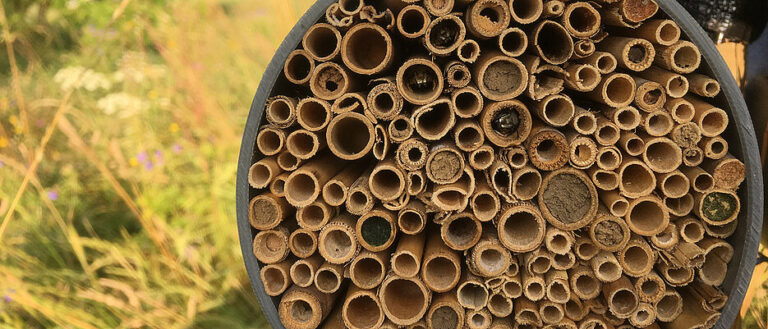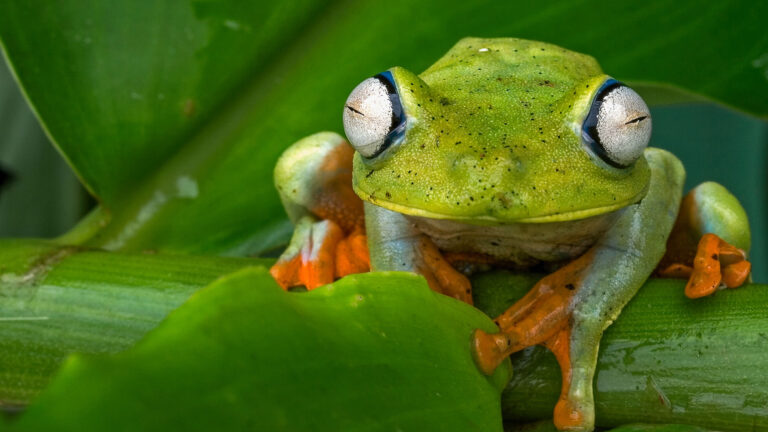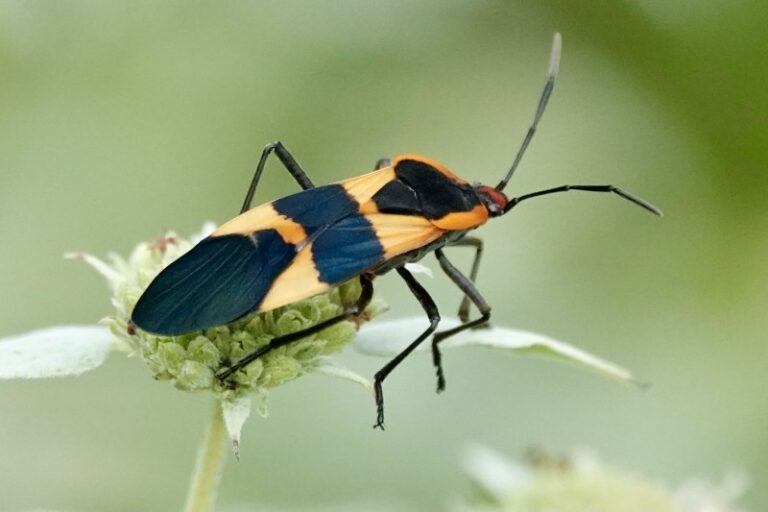Should we protect non-native species? A new study says maybe
When a plant species spreads beyond its habitat, it is usually seen as a threat to native flora and fauna. But what happens when that same species is struggling to survive in its original range? A new study published in New Phytologist and led by researchers at the German Centre for Integrative Biodiversity Research (iDiv),…






